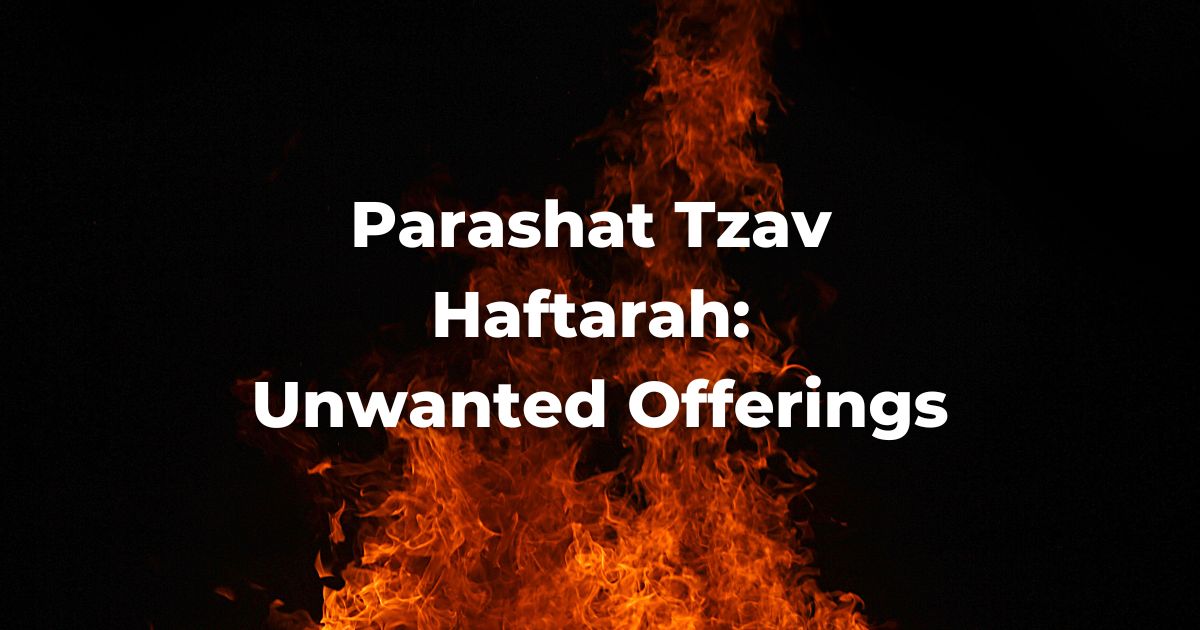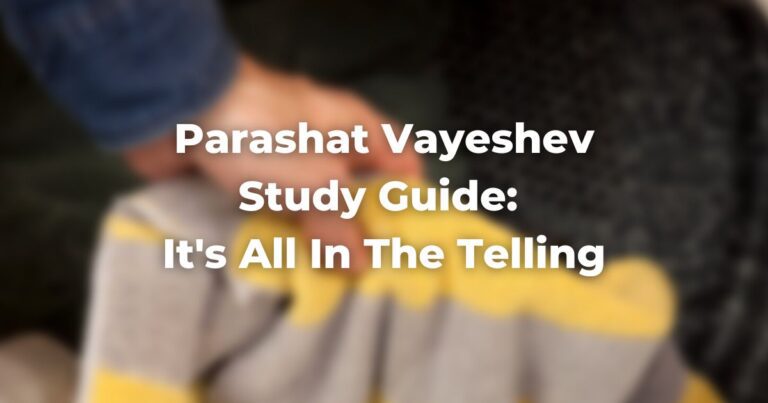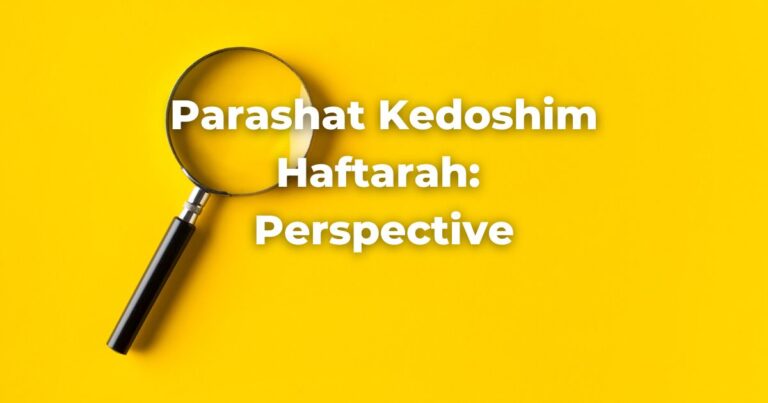In this week’s haftarah, we read God’s vehement declaration that God never wanted human sacrifice.
God and unwanted offerings
God says, as translated by Robert Alter: “For the sons of Judah have done evil in My eyes, said the LORD, they have placed their foul things in the house upon which My name was called, to defile it. And they built the high places of Topheth, which are in the Valley of Ben-Hinnom, to burn their sons and their daughters in fire, what I never charged them and what never came to My mind (Jeremiah 7:30).”
Last week, we looked at whether one can speak of God changing God’s mind in a haftarah portion concerned with rejection of inappropriate sacrifice. We read Samuel’s rebuke regarding sacrifice: “Does the LORD take delight in burnt offerings and sacrifices as in heeding the voice of the LORD (1 Samuel 15:22)?”
These haftarot complement the beginning of Leviticus, in which we receive the laws of sacrifice in all their gory detail. So, what’s happened that now God seems to be rejecting sacrifice? And why is God so passionate about the rejection of human sacrifice? Why is it something that even needs to be mentioned?
The Tanakh has a complicated relationship with human sacrifice.
Back in Exodus, God commands us to give to God our firstborns, both of our flock and of ourselves. We learn in Exodus 34 that the human firstborns are to be redeemed while the animal firstborns are to be sacrificed. But the first time we read about firstborns, in Exodus 28, it seems as if human and animal firstborns are intended to be consecrated by sacrifice to God.
Likewise, the instructions on animal sacrifice in Leviticus 1:2 famously open with the verse “Whenever anyone makes a sacrifice from you all to God.” The passage goes on to clarify that it is discussing animal sacrifice.
But on first read, it reads as a discussion of offering a sacrifice from the available humans.
Turning to Ezekiel 20, we find a disturbing explanation of why God seems to command us to perform human sacrifice before claiming never to have wanted it.
We read, as Alter translates, “And I on My part gave them statutes that were not good and laws through which they would not live. And I defiled them with their gifts when they passed every womb-breach in sacrifice, so that I might desolate them, so they might know that I am the LORD (Ezekiel 20:25).”
God owns having commanded sacrifice of the firstborn here.
However, the sacrifice was intended as a way to punish us. Indeed, God did not want our human sacrifices, but rather wanted us to learn from our power to bring devastation upon each other.
It’s a beautiful idea that human atrocity is not desired by God, that God would never want such a thing. Let’s hope that humanity has learned from our past not to offer human victims up to a God who does not want them. We no longer need to punish ourselves like this.
*For more on human sacrifice in the Tanakh, I highly recommend Jon Levenson’s brilliant book, “The Death and Resurrection of the Beloved Son.”
See more: Parashat Tzav
Originally posted as part of the Conservative Yeshiva at the Fuchsberg Jerusalem Center’s Torah Sparks. Support Torah learning from the Fuchsberg Jerusalem Center/Conservative Yeshiva for leaders and seekers around the world here.
Authors
-

Bex Stern Rosenblatt is the Conservative Yeshiva’s Faculty-in-Residence for the Mid-Atlantic Region of the United States, teaching Tanach, using the techniques of close-reading, theater, feminist readings, and traditional commentators. Bex also directs the CY’s recruitment efforts in North America. After finishing her B.A. in History and German at Williams College, Bex received a Fulbright Grant to Austria. She later earned an M.A. in Tanakh from Bar Ilan University and has also studied at the Conservative Yeshiva and Bina Jerusalem. Bex is the founder of Havruta Tel Aviv, an organization that facilitates guided pair-learning of the Tanakh.
-



The Fuchsberg Jerusalem Center (FJC) is a home in the heart of Jerusalem where leaders and seekers can find an authentic place in Jewish tradition to call their own. FJC offers opportunities to study, pray and explore within an egalitarian and inclusive setting, creating multiple pathways for finding personal and communal meaning.




